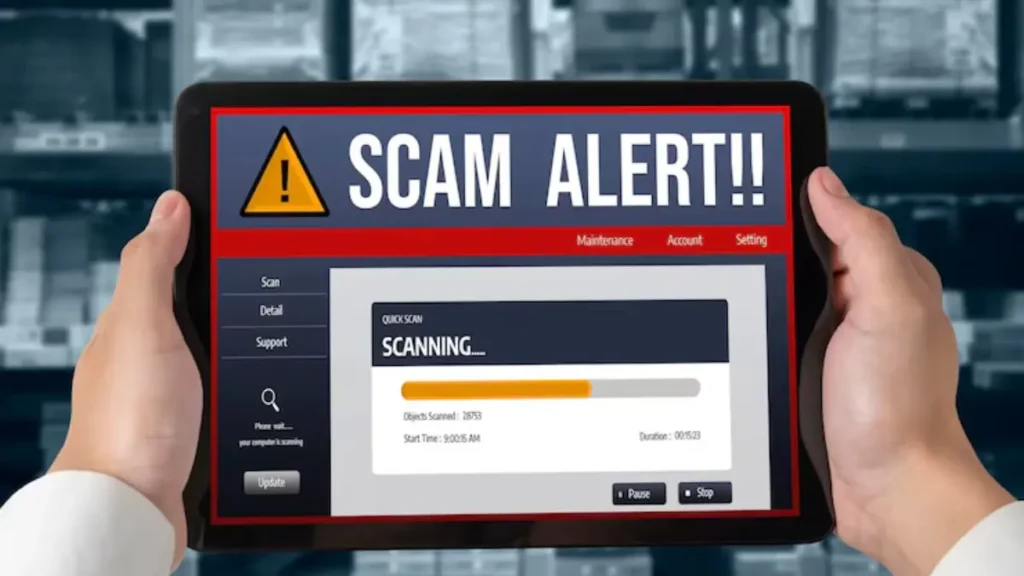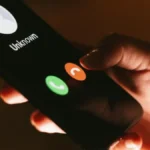Have you ever received a call from the number 281-761-1013? If so, you might be wondering whose number it is and why it keeps calling you. This number has been reported as a scam, and many people have shared their experiences. In this article, we will explore the details behind this number, the common scams associated with it, and how you can protect yourself from falling victim to these tricks.
What is the Number 281-761-1013?
The phone number 281-761-1013 belongs to a Texas area code, but it has gained attention for its association with scams. People across the country have reported receiving calls from this number, often feeling confused and worried about the nature of the calls. Scammers often use local numbers to make their calls appear legitimate, tricking individuals into answering.
Common Scam Tactics Used by Callers
When you receive a call from 281-761-1013, the caller might claim to be a process server or a representative of a legal firm. Here are some common tactics used by these scammers:
- Threatening Messages: Scammers may tell you that there is a legal issue against you, such as an unpaid debt or a court case. They create a sense of urgency by saying you must respond immediately or face serious consequences.
- Pressure to Pay: Often, they will ask for personal information or payment over the phone. They may insist that failure to act quickly will lead to further legal trouble.
- Confusing Language: Scammers may use complicated language or legal terms to confuse you, making it hard to understand what they are saying. This tactic is designed to make you feel overwhelmed and pressured.
These tactics are not only misleading but can also be frightening, especially if you are not aware that scams like these exist.
Real Stories from Victims
Many people have shared their experiences after receiving calls from 281-761-1013. Here are a few examples:
- Maria’s Story: Maria received a call claiming that she owed money from a loan she never took out. The caller was aggressive and said she would be taken to court if she didn’t pay immediately. Maria felt scared and confused, but she later found out it was a scam.
- James’ Experience: James answered a call from this number and was told that a process server was on their way to deliver important documents. He was instructed to pay a fine over the phone to avoid legal action. James did some research and realized he was being scammed.
These real stories highlight how easy it is to fall for these scams, especially when they create a sense of urgency and fear.
How to Identify Scam Calls
Knowing how to identify scam calls is essential for protecting yourself. Here are some warning signs to watch for:
- Unfamiliar Numbers: If you don’t recognize the number, be cautious. Scammers often use random numbers to call people.
- Pressure Tactics: If the caller insists that you need to act immediately or threatens legal action, it’s likely a scam.
- Requests for Personal Information: Legitimate organizations will not ask for sensitive information like your Social Security number or bank details over the phone.
If you notice any of these red flags, it’s best to hang up and avoid engaging with the caller.
What to Do If You Receive a Call from 281-761-1013
If you get a call from 281-761-1013, here are some steps you can take:
- Don’t Call Back: Avoid calling the number back, as this may lead to additional charges or unwanted calls.
- Report the Number: You can report the number to the Federal Trade Commission (FTC) or your local consumer protection agency. Reporting helps authorities track down scammers and protect others.
- Block the Number: If you receive repeated calls from this number, consider blocking it on your phone.
- Stay Calm: Remember that scammers often use fear to manipulate people. Staying calm can help you think clearly and make better decisions.
Conclusion
In conclusion, the number 281-761-1013 is linked to various scams that can cause confusion and fear. By understanding the tactics used by scammers, recognizing the signs of a scam call, and knowing what actions to take, you can protect yourself and others from falling victim to these tricks. Stay informed, stay cautious, and remember that it’s okay to hang up on a suspicious caller.


